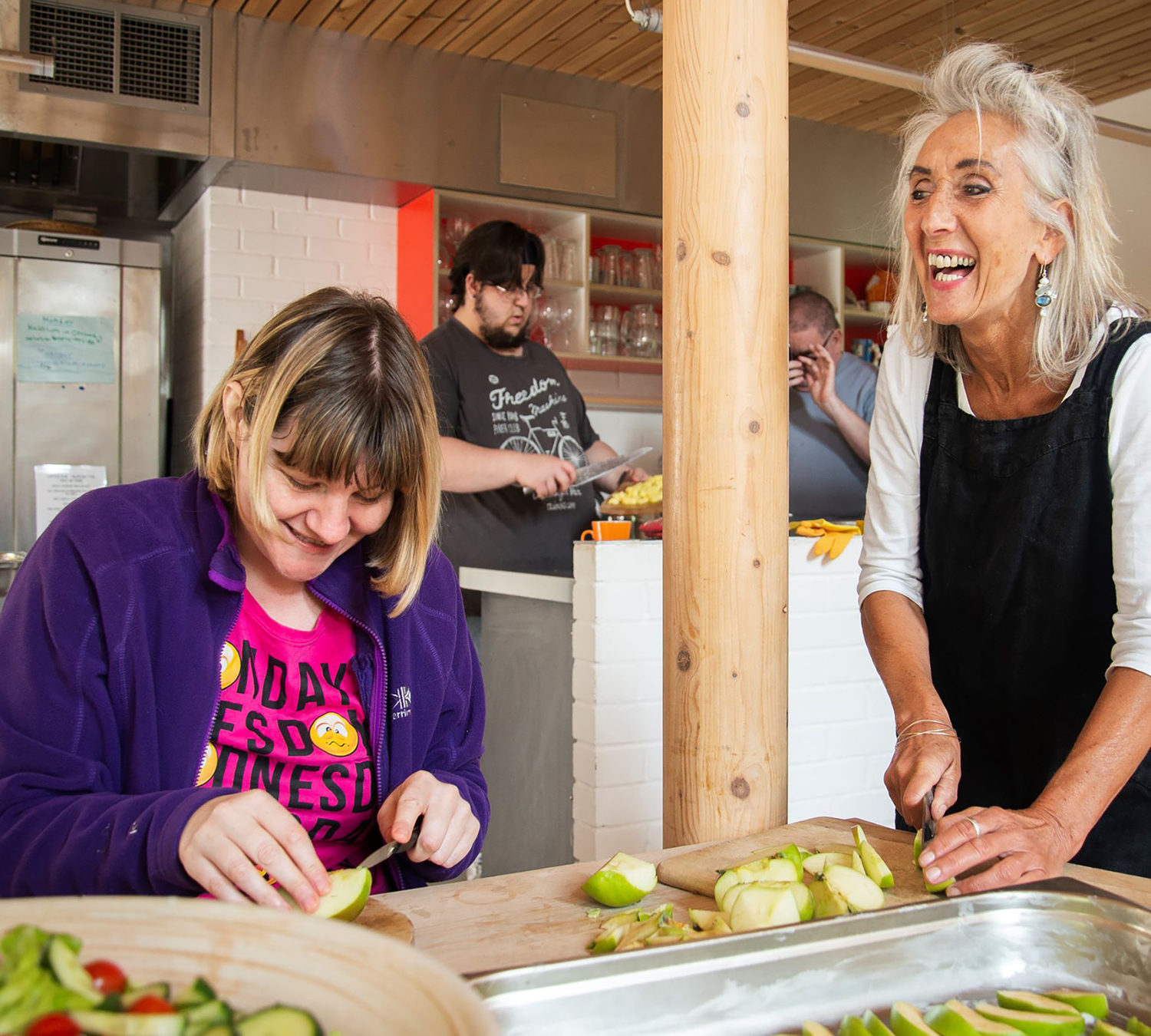What is the definition of adult social care?
Adult social care provides support to adults with learning disabilities, physical disabilities or illnesses, and mental health problems. These services help individuals with daily activities such as washing and dressing, enhance their quality of life, and ensure their safety and well-being.
It encompasses a wide range of support provided by various agencies and individuals, aimed at helping people in need maintain their independence and well-being.
What are the different adult social care services?
Adult social care can be provided in various settings, including:
- Home Care: Assistance provided in the individual’s own home, such as help with personal care (e.g., bathing, dressing), household tasks, meal preparation, and medication management.
- Residential Care: Care provided in a residential setting, such as a care home or nursing home, where individuals live full-time and receive continuous support and supervision.
- Day Care: Services offered during the day, often in a community setting, providing social activities, meals, and sometimes therapeutic care.
- Supported Living: Assistance provided to help individuals live independently in their own homes or in shared accommodation, with support tailored to their needs.
- Respite Care: Temporary care provided to give regular caregivers a break, either at home or in a residential setting.
- Reablement: Short-term care designed to help individuals regain independence after an illness or hospital stay.
- End-of-Life Care: Support for individuals with terminal illnesses, focusing on comfort, pain management, and emotional support.
Who regulates social care services in England?
The Care Quality Commission (CQC) is the regulator for all health and social care services in England.
Who supports people in social care?
In England, people in social care are supported by a variety of professionals, organizations, and institutions. These include:
- Local Authorities (Councils), such as social workers and community care teams.
- Care Providers, such as supported living services and home care agencies.
- National Health Service (NHS)
- Charities and Non-Profit Organisations, such as Camphill Village Trust, hft, and Mencap.
- Informal Carers, such as family members and friends.
What are some of the challenges in social care?
- Funding Shortages: Insufficient budgets for local authorities lead to cuts in services and unmet needs.
- Workforce Issues: High staff turnover, low pay, and difficulties in recruitment affect the quality and availability of care.
- Aging Population: Increasing demand for services as the population ages, with more people requiring complex care.
- Integration with Health Services: Poor coordination between social care and the NHS leads to gaps in care and delayed hospital discharges.
- Quality of Care: Variability in care standards across regions and providers, with some areas struggling to maintain high-quality services.
- Access to Services: Strict eligibility criteria and geographical disparities limit access to care for many individuals.
- Pressure on Informal Carers: Family carers face burnout and financial strain due to inadequate support and respite services.
How many people receive social care in England?
According to GOV.uk, on 31 December 2023, there were 640,940 people receiving long-term local authority commissioned adult social care.
- 466,720 people were receiving support in the community.
- 130,475 people were receiving support in the residential care homes.
- 51,490 people were receiving support in nursing homes.
- 230 people were receiving support in prison.
Adult social care providers
At Camphill Village Trust, we are adult social care providers that offer a range of supported nature-based activities to adults with learning disabilities, autism and mental health problems.
See our services




